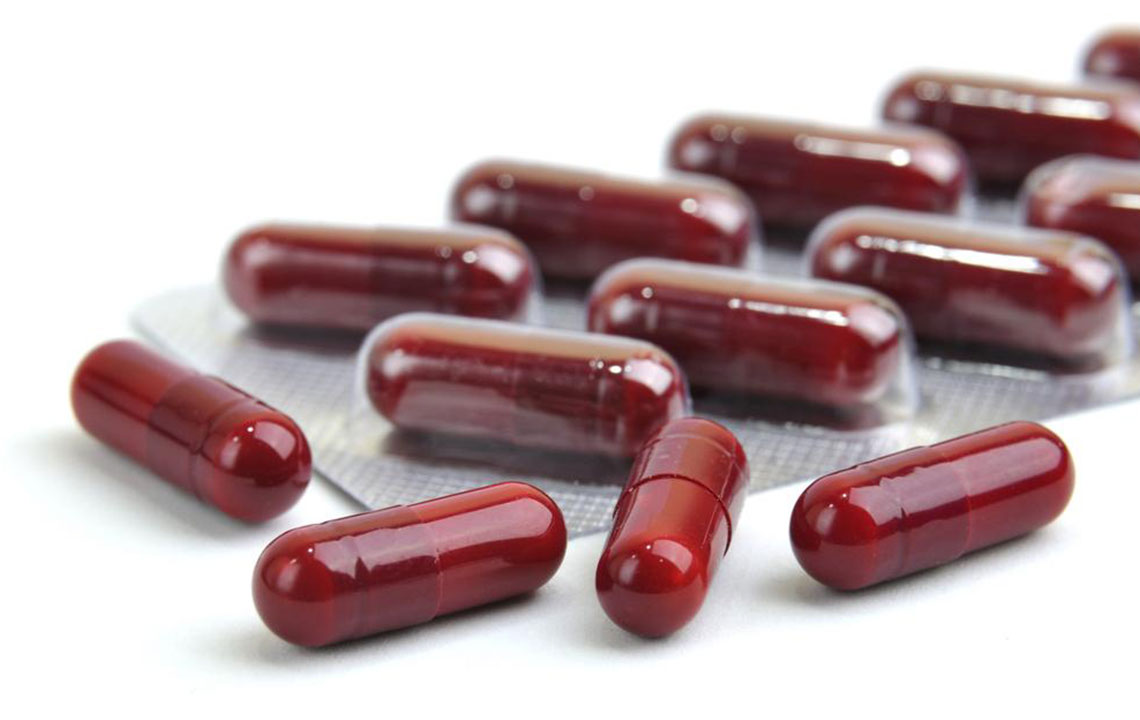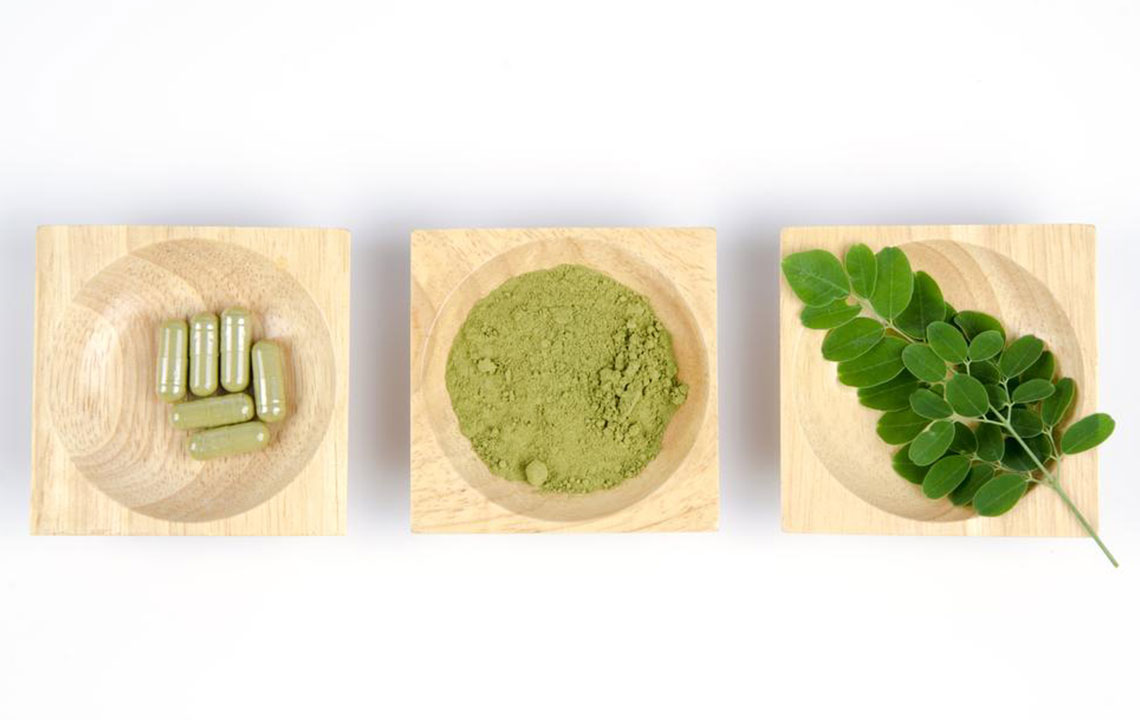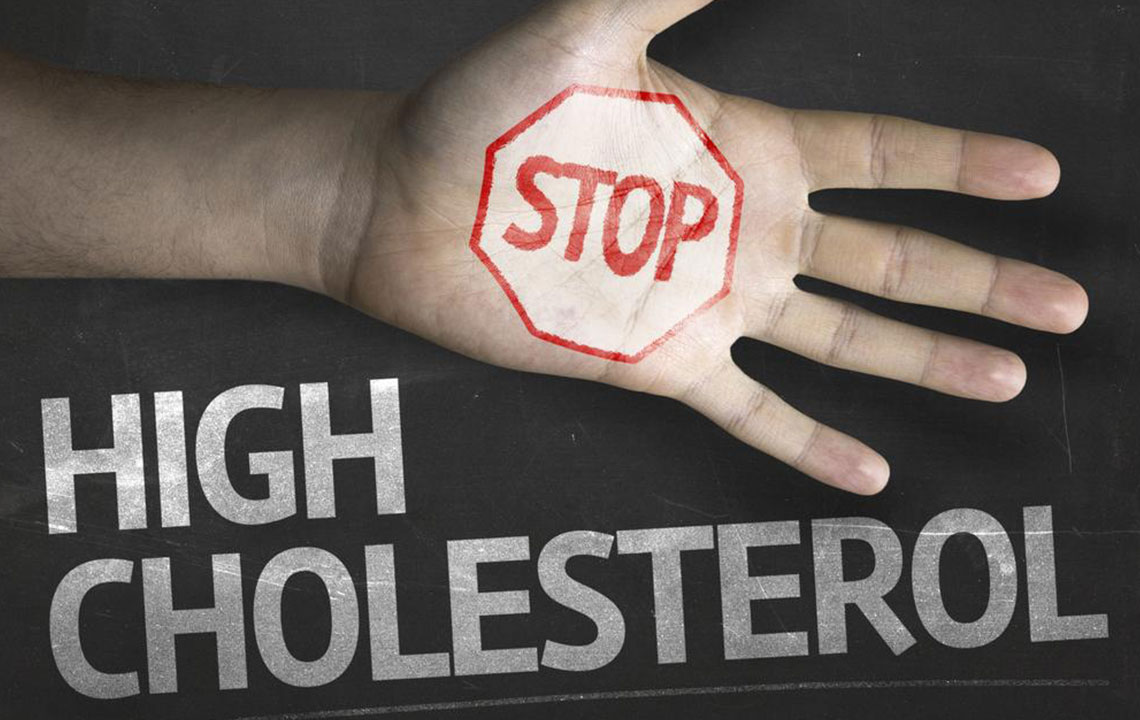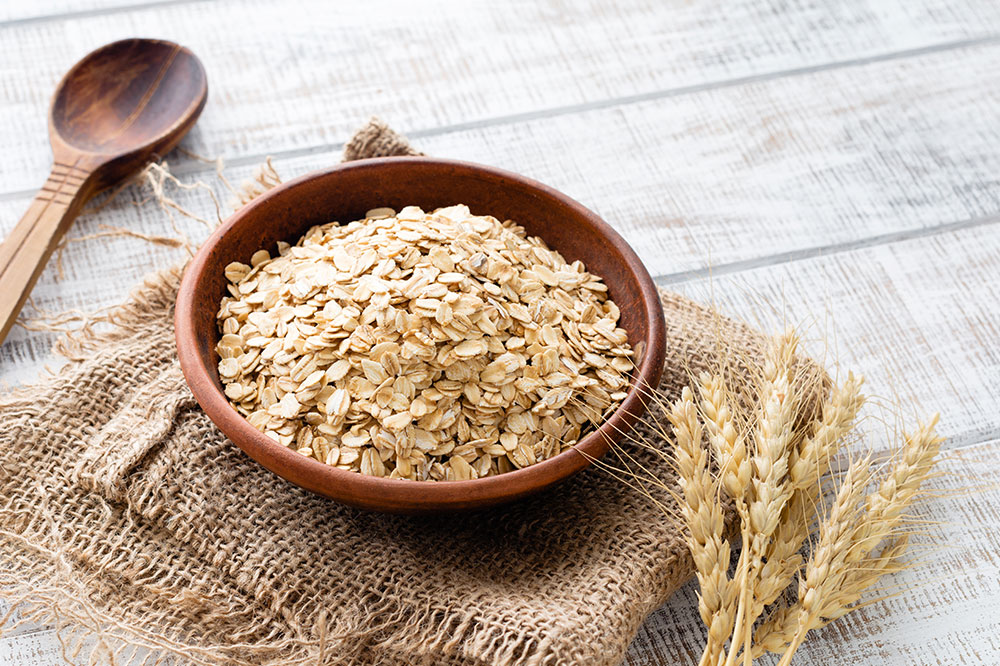Comprehensive Guide to Natural Supplements for Effective Cholesterol Reduction
Discover comprehensive insights into natural supplements that effectively lower cholesterol. Learn about the benefits, usage tips, and precautions of key options such as barley, artichoke leaves, fish oil, niacin, flaxseed, and more. Combining these supplements with a healthy lifestyle can significantly boost cardiovascular health and reduce disease risk. Always consult healthcare providers before starting new regimens for safe and tailored cholesterol management strategies.

Comprehensive Guide to Natural Supplements for Effective Cholesterol Reduction
In today's fast-paced world, maintaining optimal health can be challenging, especially when it comes to managing cholesterol levels. Elevated cholesterol, particularly low-density lipoprotein (LDL) cholesterol, poses a significant risk factor for cardiovascular diseases, including heart attacks and strokes. While lifestyle modifications like diet and exercise are foundational for controlling cholesterol, many individuals seek additional support through natural supplements. These supplements can be a valuable part of a comprehensive health strategy when used responsibly and under medical supervision.
Here's an in-depth look at some of the most effective natural supplements known for their ability to help lower LDL cholesterol and promote cardiovascular health:
Barley: This nutrient-dense grain is exceptionally high in soluble fiber, which has been scientifically proven to reduce LDL cholesterol levels. Incorporating barley into your diet can be simple; you can enjoy it as a porridge, in salads, or as a side dish. Its gentle impact on digestion makes it suitable for most people, but moderation is key to avoid gastrointestinal discomfort.
Artichoke Leaves: Extracted from dried artichoke leaves, this supplement has been used traditionally for liver health and digestion, with recent studies highlighting its ability to lower LDL and total cholesterol. It may also support bile production, which aids in fat digestion. However, individuals allergic to ragweed should exercise caution, as cross-reactivity can occur.
Fish Oil: Rich in omega-3 fatty acids EPA and DHA, fish oil supplements are widely recognized for their heart-healthy benefits. Regular intake can reduce triglycerides significantly, a type of fat associated with cardiovascular risk. While generally safe, some people may experience fishy aftertaste, gastrointestinal upset, or bleeding tendencies—particularly those on blood-thinning medications. Always consult a healthcare provider before adding fish oil to your regimen.
Niacin (Vitamin B3): Niacin is an effective agent for increasing HDL (good cholesterol) while lowering LDL (bad cholesterol). It can improve lipid profiles and is often used alongside other treatments. However, niacin therapy can cause flushing, itching, and mild gastrointestinal symptoms in some individuals. High doses require medical supervision to monitor liver function and prevent adverse effects.
Ground Flaxseed: Packed with alpha-linolenic acid (a type of plant-based omega-3) and soluble fiber, ground flaxseed can help reduce triglyceride levels and improve overall cholesterol profiles. Adding a tablespoon or two to smoothies, cereals, or baked goods is an easy approach. Those on blood-thinning medications should monitor their intake, as flaxseed can have mild anticoagulant effects.
Plant Stanols and Sterols: These plant-derived compounds are found naturally in small quantities in fruits, vegetables, nuts, and seeds. Available as fortified foods or supplements, plant stanols can reduce LDL cholesterol by blocking its absorption in the intestines. Side effects are minimal but may include gastrointestinal disturbances like diarrhea in some users.
Oats and Oatmeal: Oats are a well-established food for heart health thanks to their high soluble fiber content. Consuming oats regularly can lower LDL levels, promote feelings of fullness, and support weight management. Some individuals may initially experience bloating or gas, but these symptoms usually resolve within a week of consistent intake.
Whey Protein: Derived from dairy, whey protein supplements have demonstrated the ability to lower LDL and total cholesterol without interfering with medications. They are particularly effective when combined with a balanced diet and exercise. Small gastrointestinal symptoms like bloating or nausea may occur in some people.
Soya Protein: As a plant-based source of complete protein, soya protein helps improve lipid profiles by reducing LDL cholesterol and triglycerides. Incorporating soy foods or supplements can be a strategic part of a heart-healthy diet. However, some individuals may experience mild digestive discomfort or allergic reactions.
While natural supplements can be beneficial in managing cholesterol levels, they should complement a balanced diet, regular exercise, and other healthy lifestyle practices. Consulting with a healthcare professional before starting any supplement is vital. This ensures personalized guidance, safety, and maximum effectiveness in your journey toward better heart health.





